Sue was 49 when she was diagnosed with breast cancer.
That was 17 years ago.
Then four years ago, she was diagnosed with a new breast cancer.
“This time,” Sue says, “they advised a double mastectomy”.
To the outside world, Sue believes, she looked like she was doing okay coping with her second diagnosis and getting on with her life.
But how she felt inside was a different story.
The worst time, she says, came one day when she was just sitting in a shopping centre. “I was looking at people and I was churning.”
“Why me,” she couldn’t help thinking.
“Why me and why not them?”
“It was just really difficult,” she said. Tears filled her eyes as she thought back to that time.
“…That feeling of resentment I had. I didn’t like it. I don’t like resentment in any one.”
“But that day, I felt just … empty.”
To anyone who has faced a serious illness, Sue’s experience is probably not unusual.
But what came after that it is what makes Sue’s story remarkable.
A good friend came to Sue’s rescue. When she understood how Sue was feeling, she suggested that Sue call Cancer Council NSW’s 13 11 20 Information and Support service.
Sue spoke to a Cancer Council health professional who really listened to her. He helped her understand her feelings and work through her very natural emotional response.
That was a turning point for Sue.
Looking back she says, “I don’t remember the name of the man I spoke to on the 13 11 20 number, but I thank him a lot”.
Sue and her husband Greg wanted to do something more about cancer when they read about Cancer Council’s Relay For Life in their local Blacktown paper.
So Sue and Greg decided to get involved by becoming volunteers.
Over time they learned more about the work of Cancer Council NSW.
So when they retired early and had more time, they decided to do more.
They began volunteering in the office at Parramatta helping with, as Sue put it, “whatever was needed”.
They volunteered with the ‘Eat It To Beat It’ healthy eating program and then with the Community Speakers Program, visiting groups to talk about the work of Cancer Council and the types of help that are available.
“Now I work in the Cancer Council Information Service in Western Sydney,” says Sue.
“I listen to people and I point them in the direction of material I think will help them.”
“I see people who are seeing specialists, that are going through chemotherapy or radiation.”
“And I never ever forget the support people who are with them. I think it’s really important that we look after the carers because I know what they go through.”
“Sometimes it’s important that people know there is light at the end of the tunnel. For some people, I represent that light.”
“We will put our hands up for anything we can do to help,” says Sue.
Sue and Greg’s willingness to do anything they can to create a cancer free future has also extended into the future.
They have decided to include gifts to Cancer Council in their wills.
And they encourage others to consider leaving legacies too.
“It is a continuation of what we have done during our lives,” says Sue.
“And it’s something we can continue to do after we are gone.”
“We want to see a cancer free future for the ones we love and for the rest of the population.”
By choosing to include a gift in their wills to the work of Cancer Council NSW, Sue and Greg have also chosen to put a light at the end of the tunnel for future generations.
As Sue put it, “We like knowing that the light of hope will stay on even after we have gone”.
Leaving a gift can also mean a world of difference to researchers working towards a future free from cancer. If you would like to leave a gift in your will or find out more, visit cancercouncil.com.au/bequests or contact us on 02 9334 1479.










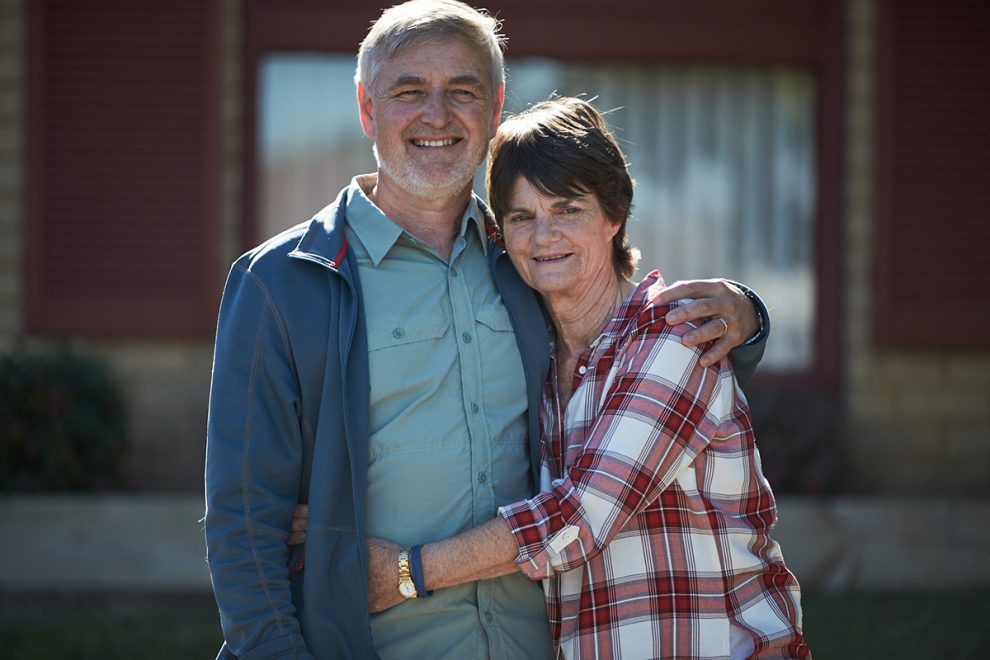
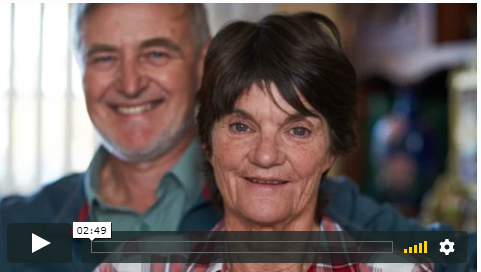
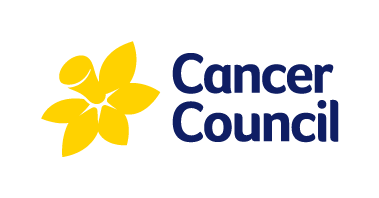
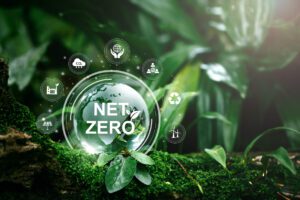

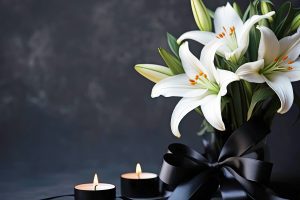









Add Comment